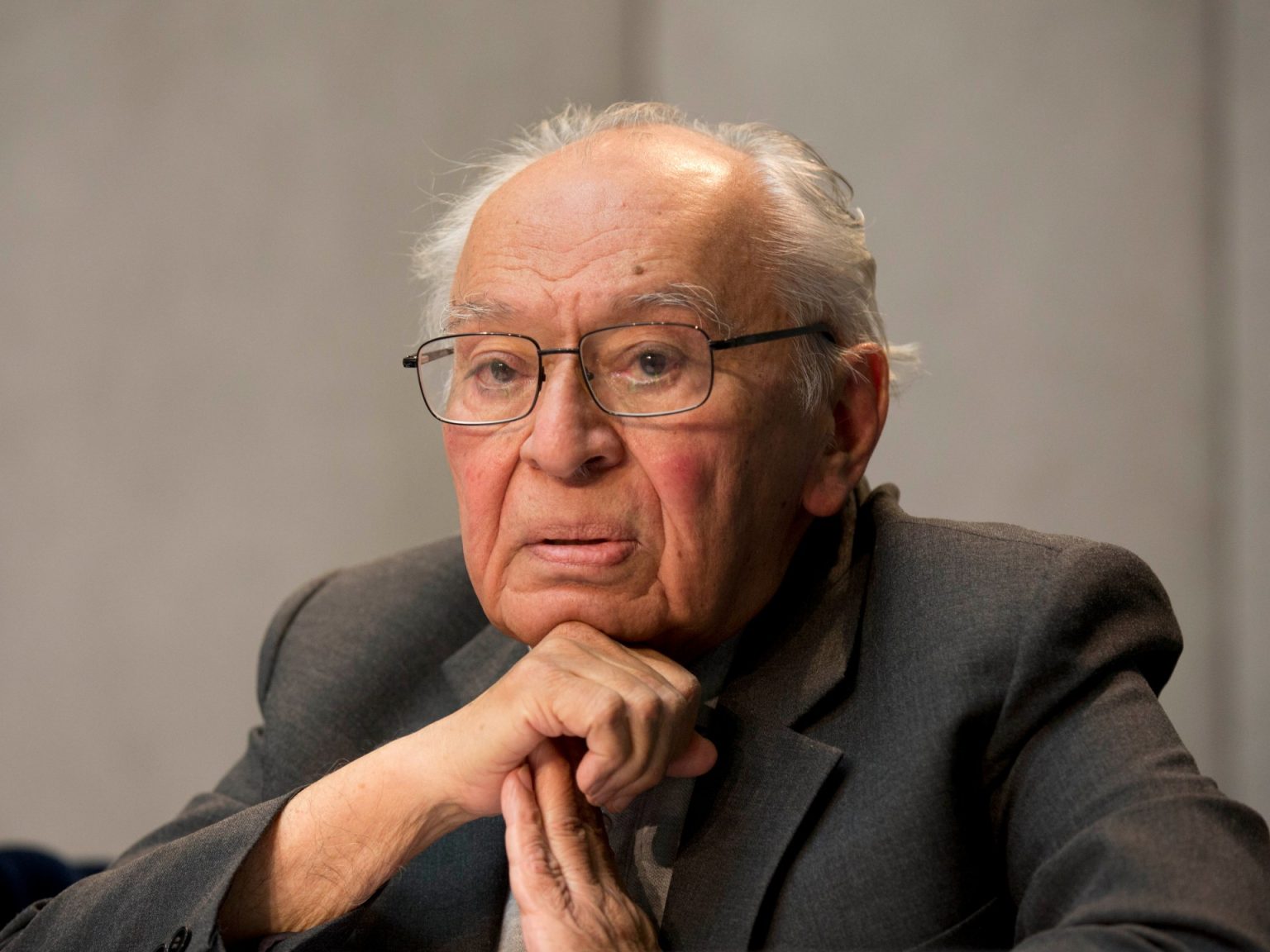Peruvian priest Gustavo Gutierrez, considered the father of Latin American liberation theology, passed away at the age of 96 in Lima. His 1971 book, A Theology of Liberation, profoundly influenced church doctrine in Latin America by emphasizing the need to free people from material and political oppression in addition to spiritual matters. Gutierrez believed that the future of history belonged to the poor and exploited, advocating for social justice and equality. Archbishop Carlos Castillo praised Gutierrez as a faithful theologian who preached the Gospel with strength and courage, despite his humble lifestyle and lack of interest in material possessions.
Gutierrez’s teachings attracted those who were frustrated by inequality and dictatorships in Latin American countries in the 1960s and 1970s. He inspired figures like Archbishop Oscar Romero of El Salvador, who protested against human rights abuses and was later assassinated in 1980. Initially, the Vatican denounced liberation theology for allegedly containing Marxist elements, leading to disciplinary action against some proponents. Gutierrez himself was never disciplined but acknowledged critical dialogue with the Vatican and challenging moments throughout the process. The election of Pope Francis, the first Latin American pope, brought a renewed focus on social justice and the poor, leading to a reassessment of liberation theology within the Church.
Despite initial criticism and suspicion, Gutierrez’s work and ideas became more accepted with the rise of Pope Francis. In 2018, on Gutierrez’s 90th birthday, Pope Francis personally thanked him for his contributions to the Church and humanity through his theological work and dedication to the marginalized. Gutierrez’s legacy as a champion for the poor and oppressed continued to inspire others, even after his passing. His commitment to social justice and liberation theology left a lasting impact on the Church and Latin American society, encouraging others to fight for equality and justice.
Gutierrez’s belief in the importance of freeing people from material and political oppression was a central theme in his theological teachings. He emphasized that true Christian salvation extends beyond spiritual matters and includes a commitment to alleviating the suffering of the marginalized and oppressed. By advocating for the rights and dignity of the poor, Gutierrez challenged the status quo and called for a more just and equitable society. His work resonated with many who were disillusioned by the oppressive regimes and inequalities present in Latin America during the 1960s and 1970s.
Gutierrez’s impact on the Church and society was profound, as his ideas helped to shape a renewed focus on social justice and the needs of the poor. Through his writings and teachings, he inspired a generation of activists and theologians to work towards a more just and compassionate world. His commitment to liberation theology and his advocacy for the marginalized continue to influence the Church and society today. Gutierrez’s legacy serves as a reminder of the power of faith to bring about social change and his dedication to the poor and oppressed remains an enduring example of compassion and justice.


